What You Need to Know Before Arriving in Accra for ‘Year of Return’
Written by Ivy Prosper
You’ve booked your trip to Accra. Now the countdown begins. As you prepare to travel to Ghana there are a few things you will need to know for your arrival. If this is your first time coming to Ghana or even landing on the continent of Africa, you’re in for quite an experience.
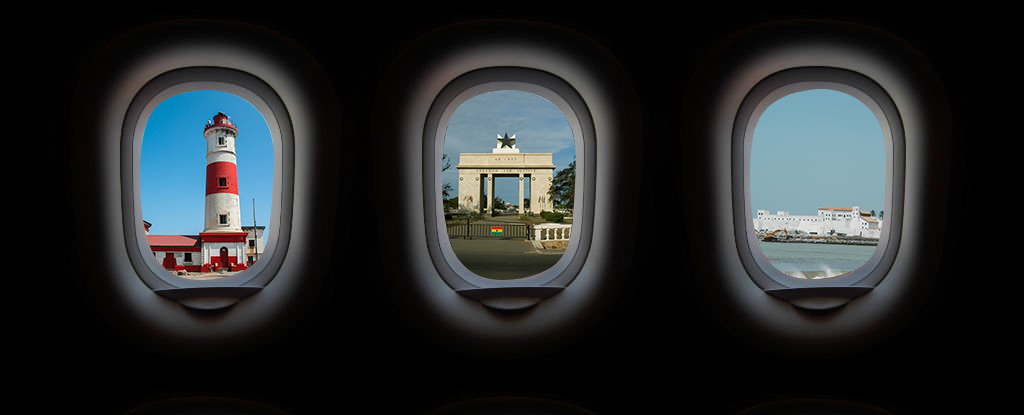
The city of Accra if a vibrant, eclectic mix of people from diverse backgrounds. As the capital city of Ghana, it’s much like many other major metropolitan centres in that people from small towns and communities across the country move there in hopes of greener pastures. The result is the hustle and bustle of a big city that’s crowded and often choked with traffic at peak times of the day.
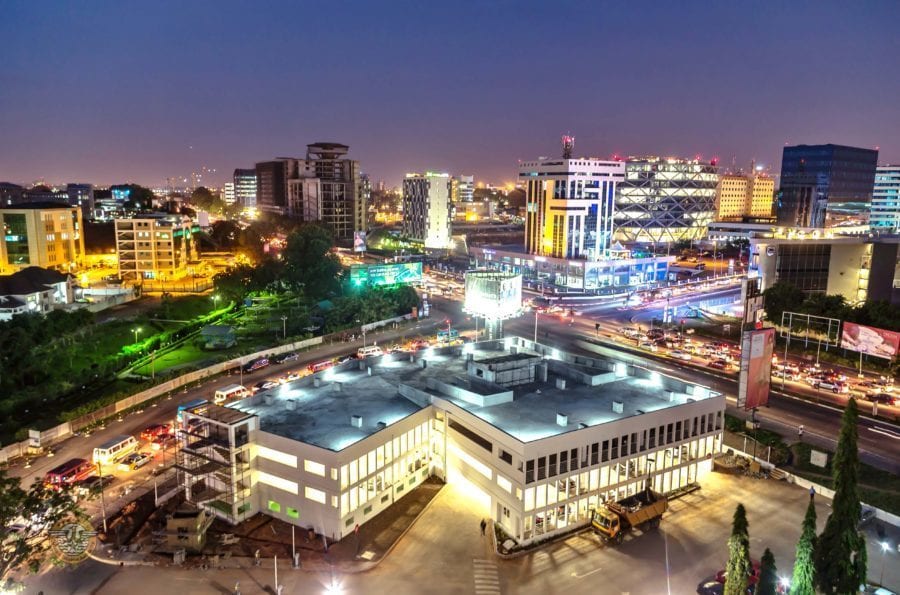
Because of the diversity in its people, there are various cultural practices people maintain from their communities even though they are in Accra. The city is historically the dwelling place for people of the Ga tribe. Their language, Ga, is spoken by many in Accra, especially in Accra Central and Jamestown. However because of the migration of many people from the Akan tribes (this includes Ashanti, Akuapem, Akwamu, Akyem, Fante) into Greater Accra, the Twi language, has become a dominant one spoken by many people in Greater Accra. In fact, that language has become so commonplace that it’s spoken by some even in regions where it’s not the native language.
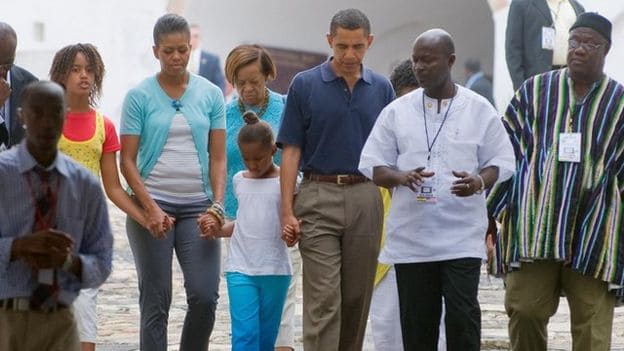
Despite the many groups in Greater Accra, because English is the official language of Ghana, nearly everyone speaks it, so as a tourist you will be able to manage. Although you will frequently come across those who speak a local slang often called ‘Pidgeon English’. This is spoken widely in Ghana and you’ll also find it in Nigeria.
Cultural Nuances
Anytime you travel to a new country, there are a few things you need to know. Ghana isn’t much different. So here are some important things to note for your stay in Ghana.
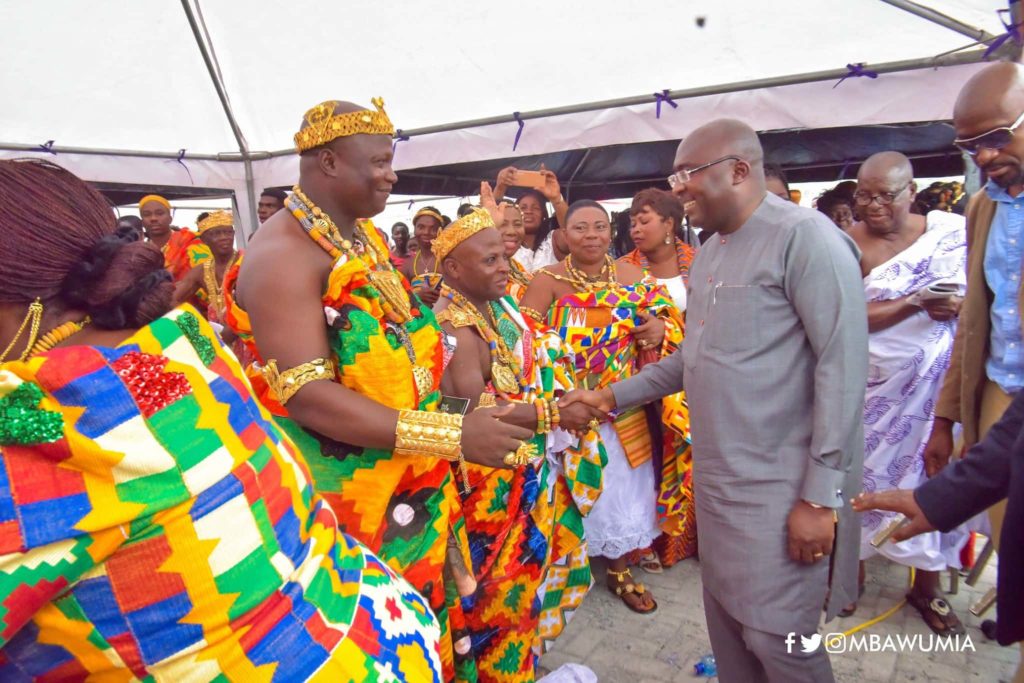
Akwaaba – This means ‘Welcome’ in the Akan language. It’s commonly used across Ghana as a welcome greeting. As a visitor, you will often hear people say this to you when you visit places for the first time.
Thank You – Thank You in the Akan language is ‘Medaase’. This is one of Ghana’s most common words used to show appreciation.
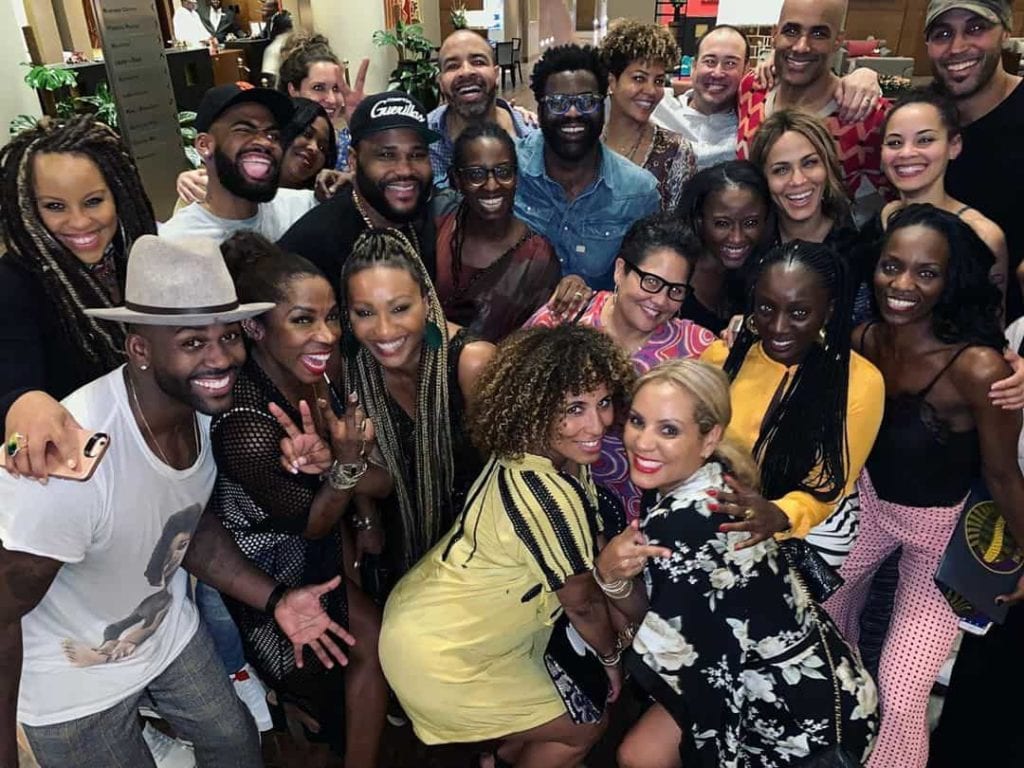
The Use of Left Hand – In Ghanaian Culture, giving and receiving items is done only with the right hand. For example is you are making a purchase, you are expected to hand the money using your right hand to the individual. When using your left, you will hear an apology. “Sorry for left,” is commonly said when someone hands you something with a left hand.
The reason is that culturally it’s believed the left hand is unclean since it’s supposed to be used to clean up after visiting ‘nature’s call’. So using the left is considered disrespectful by many.

Please – The word “please” is used quite often in Ghana. It may come across as over-gratification when you hear it so often, but in Ghana it’s considered respectful to use ‘please’ in many scenarios. It’s often, “Yes, please” or “No, please” when answering questions.
Occasionally it’s used in conversation when addressing someone to show a sign of respect.
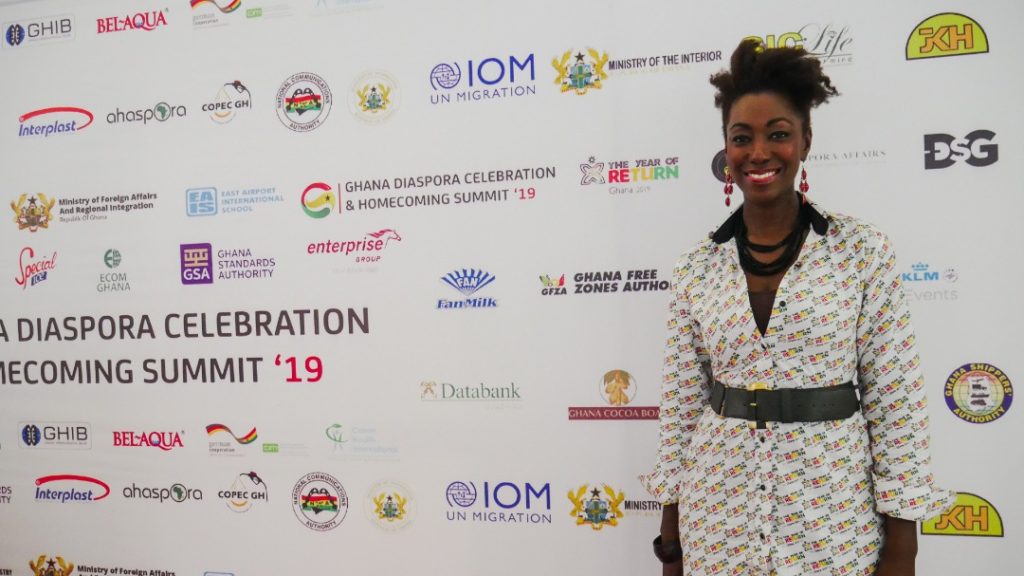
These are just a few things you’ll need in preparation for your trip to Accra, Ghana. Pay attention to cultural cues and if you’re not sure, don’t be afraid to ask. Ghanaians are quite friendly and open to conversation with travellers. Enjoy your stay!
Ghana Diaspora Celebration & Homecoming Summit Welcomes Diasporans From Around the World
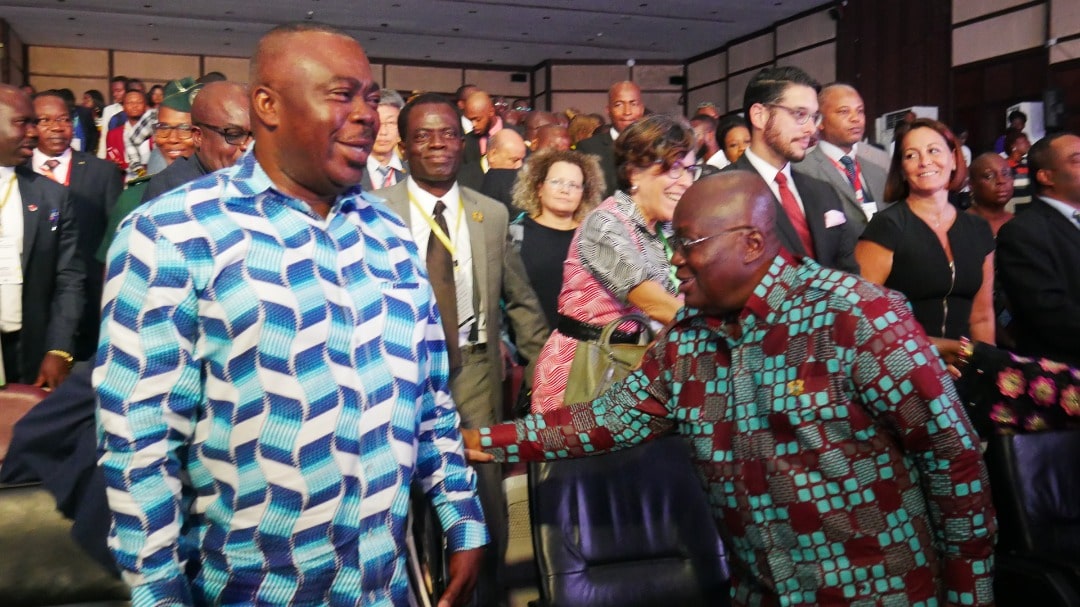
Ghana continues to be a leader in Africa when it comes to its relationship with the diaspora community. It’s the first country to have a Diaspora Affairs Office in the Presidency designed to focus on the needs of its people living outside the country. The biennial Ghana Diaspora Celebration and Homecoming Summit, which runs from 3rd – 6th July 2019, had a successful opening day at the Accra International Conference Centre. Many dignitaries and government officials were there to be part the opening day including, Mustapha Hamid, Minister of Information, Barabara Oteng Gyasi, Minister of Tourism, Arts and Culture, Jessica Ayivor, Vice President of the African American Association of Ghana and H.E. Dr. Erieka Bennet, Head of Mission, Diaspora African Forum. A special Keynote address from President Nana Akufo-Addo was a highlight that served to put a stamp on the importance of this conference.
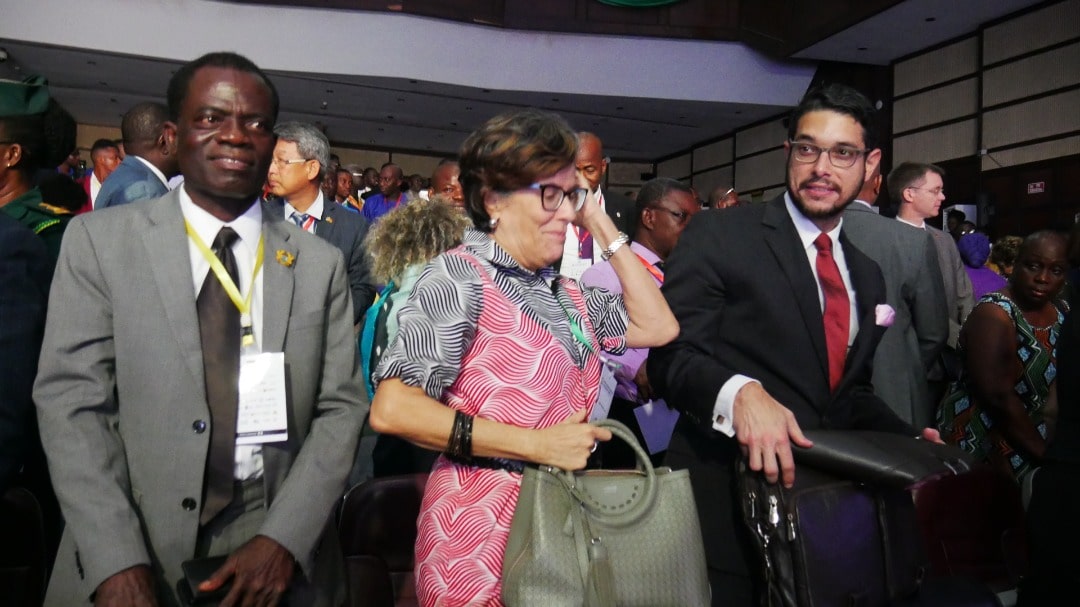
Akufo-Addo said some key things in his address that gave everyone the confidence that he takes this event and the work of the Diaspora Affairs office seriously. “When I’ve visited countries outside our shores, I’ve engaged with members of the Ghanaian community not only to tell them about the progress we made in our country but also to listen to their concerns.” He continued his address saying, “When I was informed the remittances from Ghanaians in the diaspora has increased by nearly 50% from $2.2 Billion USD in 2017, to $3 Billion USD in 2018, it reinforced my decision to continue to engage in this important constituency that continues to support the growth and the progress of our economy.”
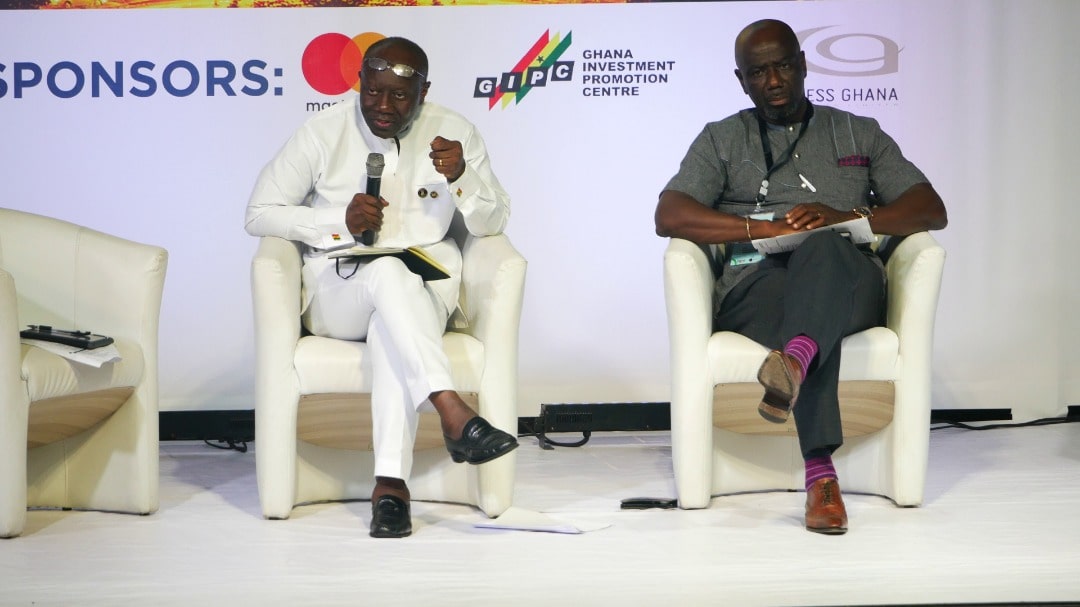
Mr. Akwasi Ababio, Director of Diaspora Affairs, Office of the President, has done a great job of engaging with the diaspora. Known for taking the time out of his busy schedule to meet with people from the diaspora, Mr. Ababio is perhaps one of the most accessible people in government. During his address on the first day of events, he said, that the summit was working towards enhancing the quality of life for Ghanaians both at home and in the diaspora. “We also recognize the strategic role those in the diaspora play in Ghana’s development,” he said. “The [upcoming] sessions will highlight the past and present actions of the diaspora and the future opportunities working together to build Ghana.”
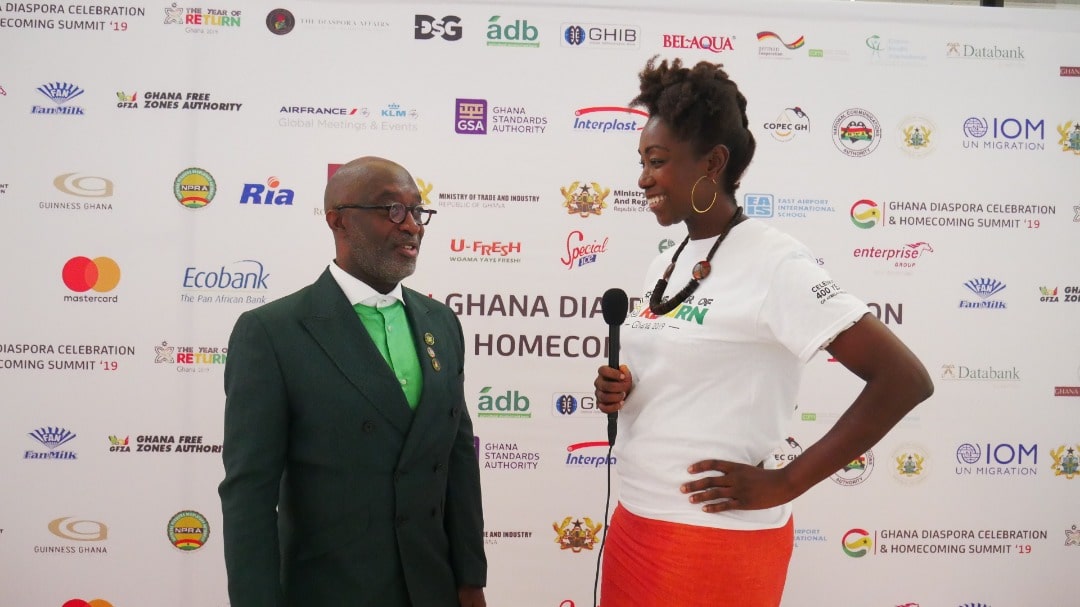
Event registrants came from all corners of the globe including, Kenya, Turkey, Nigeria, Zimbabwe, Australia, Belgium, the U.K., United States, and Canada. Each expecting to network and build connections with others who have a strong interest in Ghana. Adjoa Agyeman, a diasporan from Canada said she decided to come to the event because she has returned to Ghana and faced some obstacles. “I wanted to come and see if anyone else is having the same challenges that I am having and also to see if there are any remedies that are being brought up. So far I haven’t gotten a lot of answers, I’m still waiting. There are some issues that came up, like getting the Ghana card, and I thought it wasn’t resolved. So I am looking forward to the next few days and hoping all of my questions will be answered.”

A man from the U.K, who wished to remain nameless, said he was excited about all the things happening in Ghana so he decided to attend the event in hopes of networking and meeting new people. While Karl-Buah Obed, who travelled from Hong Kong spoke about how impressed he is with the Diaspora Affairs Office. He said that he was happy at how quick Mr. Ababio and his team are to respond to the needs of people like himself from the diaspora. Obed said it’s important to have someone in an office like that who cares about the needs and concerns of people who are transitioning to Ghana.
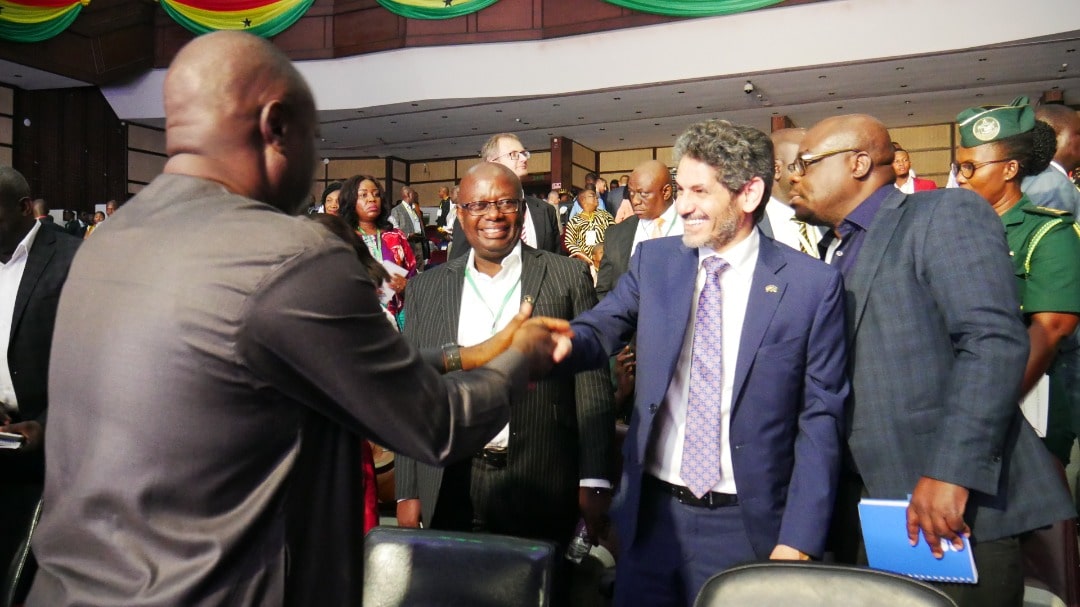
Over the next few days, the conference will feature other keynote speakers and panel discussions tackling some of the concerns of the diaspora. “The critical role of those living in the diaspora cannot be overstated,” the president said in wrapping up his Keynote address. He stressed that he will continue to have all diaspora matters centralized in the Diaspora Affairs Office where it currently resides.
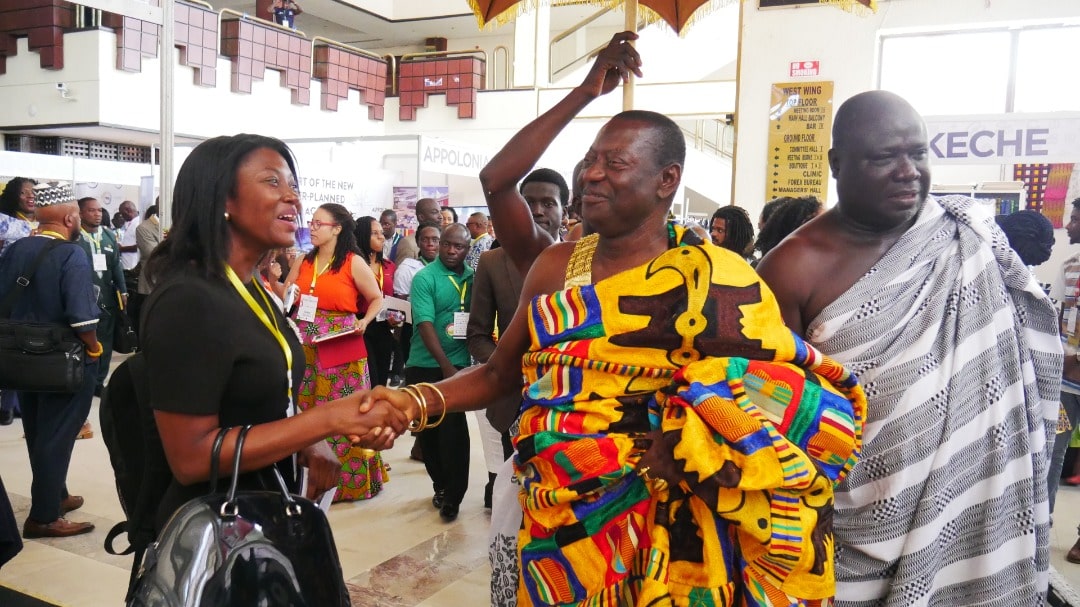
The conference runs until 6th July so it’s not too late to attend if you’re already in Ghana and looking to participate in the activities. Visit the website at www.myghanadiaspora.com for more details on registration and to download the event program. For more info on the Diaspora Affairs office visit the website, www.ghanaiandiaspora.com or www.yearofreturn.com.
Written by Ivy Prosper
Jamaican Reggae Star Gramps Morgan applauds Ghana for ‘Year of Return’
Alisa Hotel, Accra/ Friday, May 17, 2019/ Written by Ivy Prosper
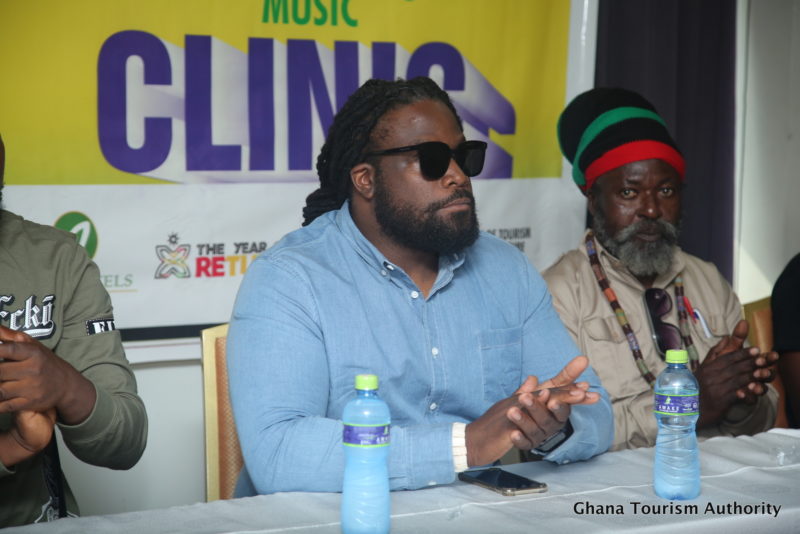
In the last few years, so many people from the African diaspora have lent their voice, talents and skills to help develop those in Ghana. One person who has made a commitment to helping Ghanaians is Reggae superstar Roy ‘Gramps’ Morgan. He started his career at age 9 as part of the group, Morgan Heritage with his siblings and has gone on to have a successful solo career with multiple hits and awards. He recently conducted his annual Music Clinic at the Alisa Hotel in Accra. He was in the country for the Ghana Jamaica Homecoming Festival as part of the Year of Return festivities. Several local artists were in attendance in hopes of not only hearing Morgan speak but to also take invaluable information to help them develop their careers as artists and musicians. Upon being introduced to the crowd he took a moment to thank President Nana Akufo-Addo for his vision. “I want to take this moment to big up the President of Ghana because he has made my dream come true when I hear him declare, and remember 400 years since slavery…..[and] that most nations in Europe and the U.S. took [part] in the Trans-Atlantic slave trade and to commemorate this year….he said this will be the year of return!”
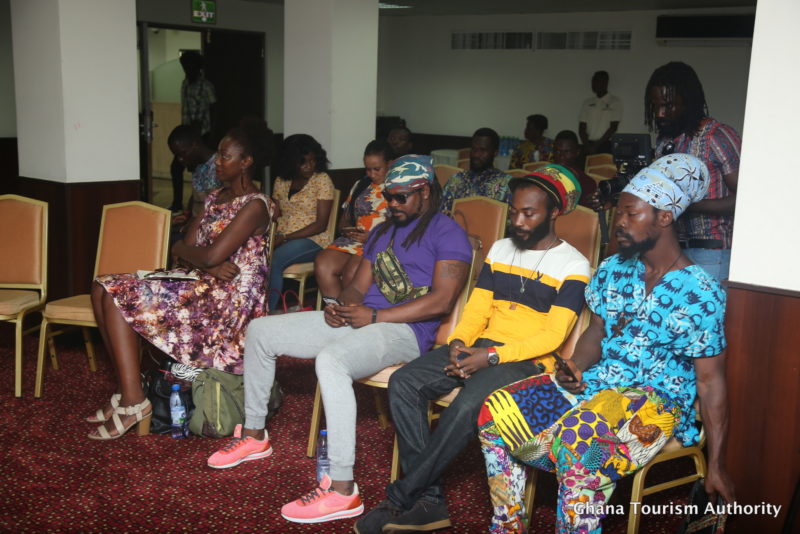
Gramps Morgan was born into the music business. His father is well-known reggae artist Denroy Morgan and since he was a young child he’s been surrounded by the music. With a lifetime of knowledge and experience in the music industry, he spoke from the heart giving words of wisdom to the aspiring artists in attendance. “There is a lot of talent in Ghana,” he said to the crowd. He spoke about the importance of having a vision, even when talent exists, or Ghana’s industry would fail. Because of his passion to help the next generation of artists, he’s taken it upon himself to share his expertise in Ghana with his annual music clinic.
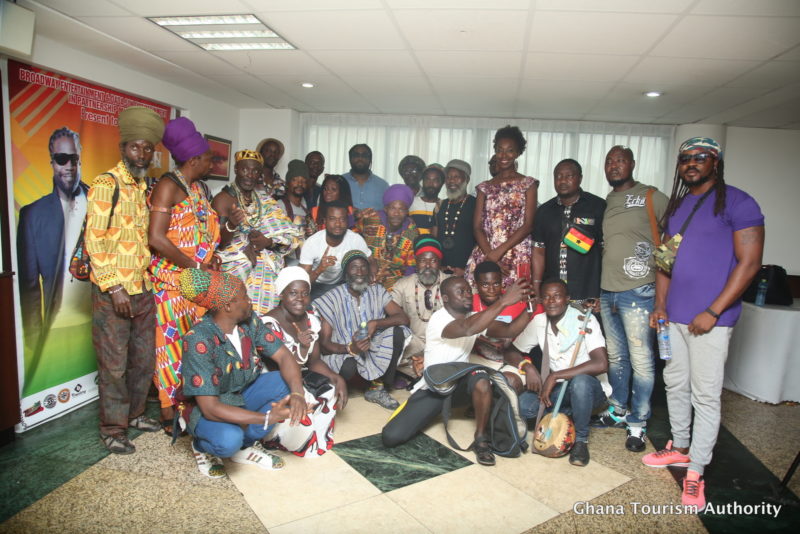
Artists in the music industry abroad have had the upper hand for decades because of knowing and understanding the business aspect more so than many artists in Ghana. Before Morgan spoke, other members of Ghana’s music industry shared their experiences in the business saying that “Many musicians don’t know much about the business aspect of the music industry.” Some don’t even realise that to build their careers in music they need more than a manager. Ras, a respected person in Ghana’s music scene, said, “In the business, we have personal managers, road managers, technical managers and business managers…. these all make the artist.” He wanted them to understand the bigger picture is more than just the music, it’s a complete package.
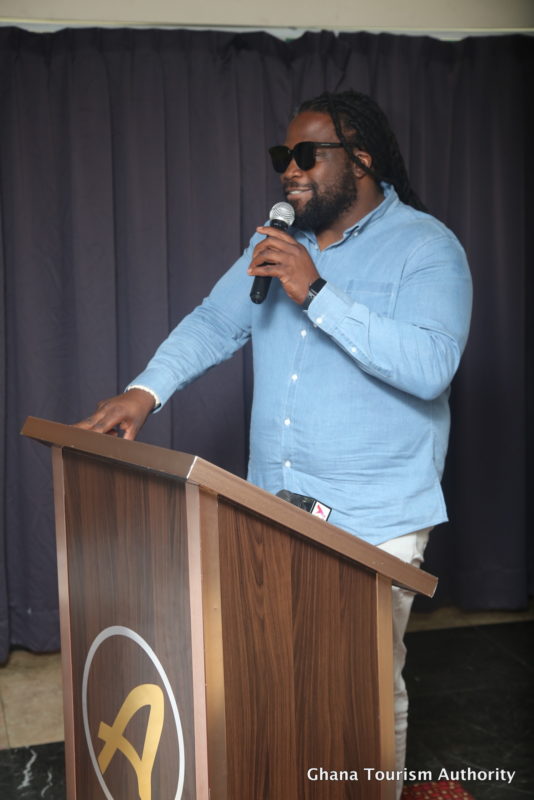
With Morgan’s ability to spot talent, it’s no surprise that artists wanted to meet him and share their music with him in hopes they can be Ghana’s next superstar. A few years ago, one artist stuck out to Gramps Morgan on his visit to Ghana. He was talking to Reggie Rockstone those years ago when he pointed a young man out and declared, “This guy is going to change the face of music in Ghana, this boy has something special.” He was speaking about Stonebwoy, now one of Ghana’s most celebrated artists on a global platform. Morgan surprised Stonebwoy those years ago when he called him asking, “Please, can you come and tour with me?” He made Stoneboy the opening act on his tour and said to him, “This is where your life begins internationally.”
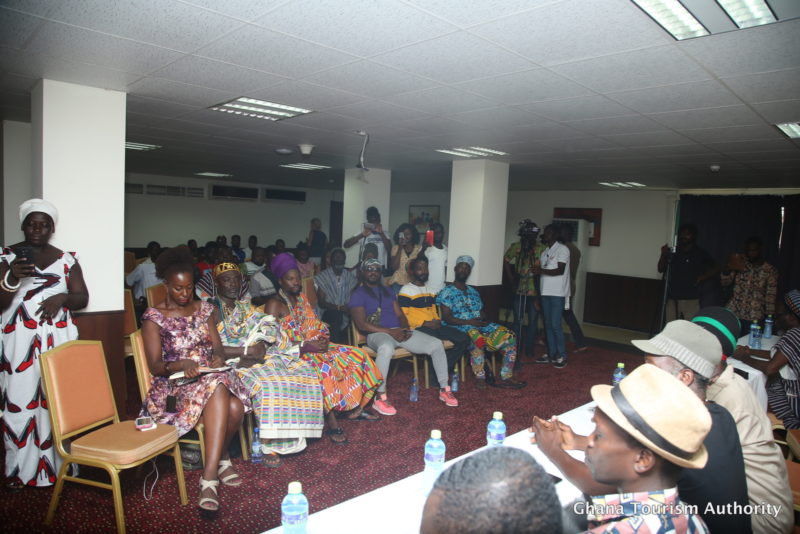
There is no denying the power of collaboration and uplifting emerging singers and musicians. Morgan’s Music Clinic is opening doors for artists in Ghana. His passion for helping is deeply rooted in the connection he feels with the continent. “I feel like it’s my job to build the bridge from the diaspora, to come home…build the bridge from Australia, from the UK, from Europe…because there were Africans that were born there, but they need to have a connection with Africa. This is Africa and it’s time.”
GHANA KICKSTARTS YEAR OF RETURN WITH DURBAR AT AKWAMUFIE
Activities celebrating the Full Circle Festival is drawing to a close as the Country ushers in the Year of Return, Ghana 2019. Officials of the Ministry of Tourism, Arts and Culture , Ghana Tourism Authority and office of Diaspora Affairs joined the Chiefs and people of Akwamu to celebrate several Hollywood stars of African descent at a colourful ceremony.
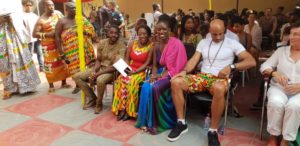
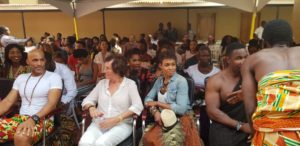
Drawing parallels between the resilience and fighting spirit of the Akwamu people, the Paramount Chief, Odeneho Kwafo Akoto III, congratulated the star studded entourage for their exploits in the USA which has now made them global icons. Actor Michael Jai White and Marketing icon, Bozoma Saint John were both enstooled as warriors. Hollywood Actor, Boris Kodjoe, who coordinated the trip also came up for special recognition for his untiring efforts in promoting Ghana to the rest of the World.


The Year of Return is a special spiritual and birthright journey being cordinated by the Ghana Tourism Authority to commemorate 400 years since the first enslaved Africans arrived in North America. The initiative has pushed Ghana into 4th place in the list of 19 must visit places in 2019 put together by CNN.


Inside Ghana’s Elmina Castle is a haunting reminder of its grim past
Source: Tanni Deb, CNN and Segun Akande, for CNN (CNN Africa)
Across Africa, from the north of the Sahara to the West African coast sit many relics of the continent’s early interactions with Europe.
‘A dark history’
See more stories from Inside Africa and share your thoughts with us on Facebook, Twitter and Instagram
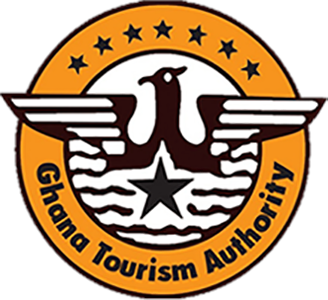

 Call Center
Call Center
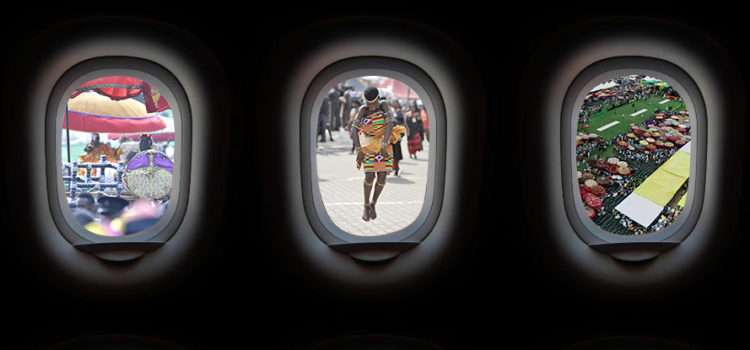
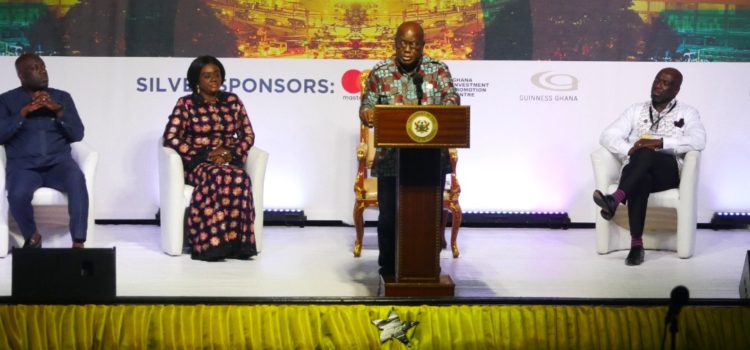
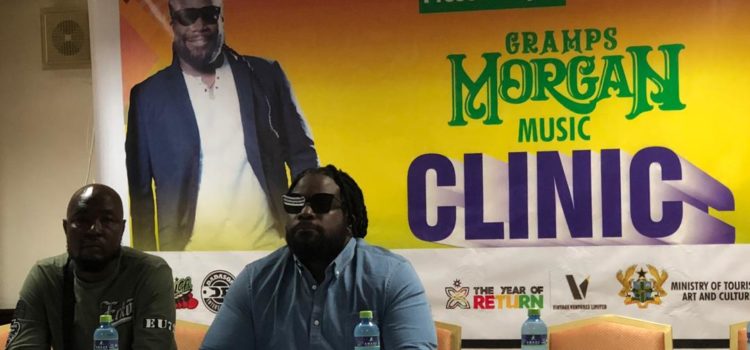
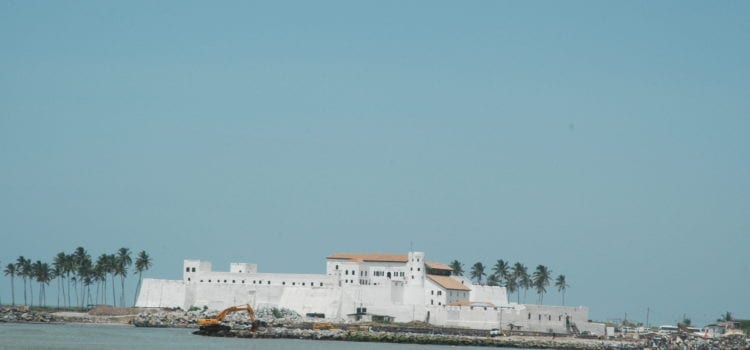
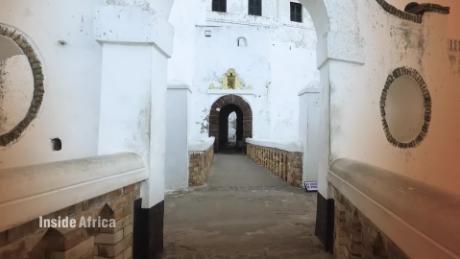
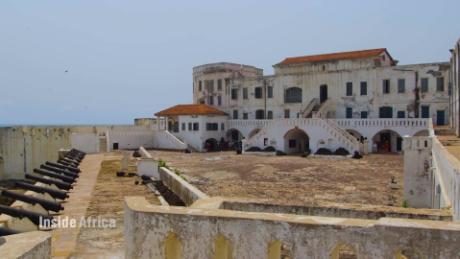
 Call Center: 0307007100
Call Center: 0307007100